
The 2030 climate goals set by the EU and the German federal government as part of the energy transition represent the dawn of a new age of energy production and supply. The importance of sustainability and environmental protection is on the rise. However, the energy transition also means new challenges for operators of CHP plants.
The Combustion Engine Has a Future
Due to the exit from coal, cogeneration power plants are gaining in significance. In fact, they are an essential factor for achieving the climate goals in Germany and Europe. The growing share of renewable energies, especially of wind and solar energy, is making the supply more volatile and the grid more instable.
Flexible cogeneration power plants with gas engines stabilize the power grid and ensure ongoing energy supply. The combustion engine thus plays an important role that will continue to grow in the future.
Innovative MWM Solutions for Fulfilling the Energy Goals
With its products, MWM contributes to the achievement of the climate goals. Our gas engines and system solutions have been aligned with the latest requirements of the climate policy and guarantee reliable, clean, and economical operation of your plant.
Articles in the Category: Energy Transition
Promoting Flexible Biogas Plants to Secure the Energy Supply
For biogas power plants to be used in a flexible way whenever there are power shortages in the near future, the plants need to be flexibilized. To make this economically viable, plant operators need government incentives.
Bioenergy: Key Success Factor at a Turning Point in History
In the face of the ongoing gas crisis, biogas is capable of delivering an important contribution to energy security in Germany. To scale the biogas production to the required level, however, new plants need to be built and existing capacities need to be ramped up as soon as possible.
Energy Generation in Wunsiedel: Decentralized, Autonomous, Sustainable
The Wunsiedel energy park produces heat and power from renewable energies for the local population. To store the green electricity generated, the park’s electrolysis plant produces green hydrogen, which is converted into electricity whenever needed, thus guaranteeing security of supply.
Using Biogas Resources for Sustainable, Affordable Heat Supply
To ensure reliable, affordable, and climate-friendly supply of heat and power for businesses and consumers in Germany in the future, the established, proven potential of renewable energies such as biogas needs to be expanded significantly and be utilized even more effectively.
Fit for Tomorrow: Operating Gensets with Hydrogen Content of up to 25 Percent
The EU Commission is set to successfully roll out the EU Hydrogen Strategy and become climate-neutral on a long-term basis by 2050. MWM is in the process of introducing gensets in the output range from 400 kW to 4.5 MW, fueled by natural gas with a hydrogen admixture of up to 25 percent.
How Much Green and Blue Does the EU Hydrogen Strategy Provide for?
The EU Commission has presented its European Hydrogen Strategy in Brussels. The ambitious goal is to successfully roll out the EU Hydrogen Strategy by 2050. Hydrogen is thus set to become a key element of the European energy supply.
How the Combustion Engine Contributes to Sustainable Heat and Power Supply in the Energy Industry
To draw attention to the sustainability and potential of the combustion engine with a view to a green energy transition, VDMA has initiated a campaign entitled “EMISSION0 – ON THE WAY TO 2050”. In the field of energy generation, the combustion engine will continue to play a key role in reducing emissions.
Europe’s Road to the Energy Reform: Harmonization of Economic Factors and Climate Protection
The energy reform is associated with a number of challenges for politics and the economy alike. The goal is to develop solution concepts that are not only profitable, but also sustainable and eco-friendly.
Hydrogen – an Innovative Solution Concept of the Energy Reform
To achieve the adopted climate protection goals and climate neutrality, hydrogen is to be used as an energy source of the future. For this purpose, the Federal Cabinet has issued the National Hydrogen Strategy. As an alternative to fossil energy sources, hydrogen is to reduce especially the carbon emissions of the industry and of transportation.
Proactively Ensuring the Future of Energy
Our society’s welfare depends on an operable energy supply framework. Without power, heat, and mobility, we would not be able to maintain our standard of living. Therefore, the objective of the energy reform is to ensure reliable, economically viable, and eco-friendly energy support. Read our posts on this topic in our MWM Energy Blog.

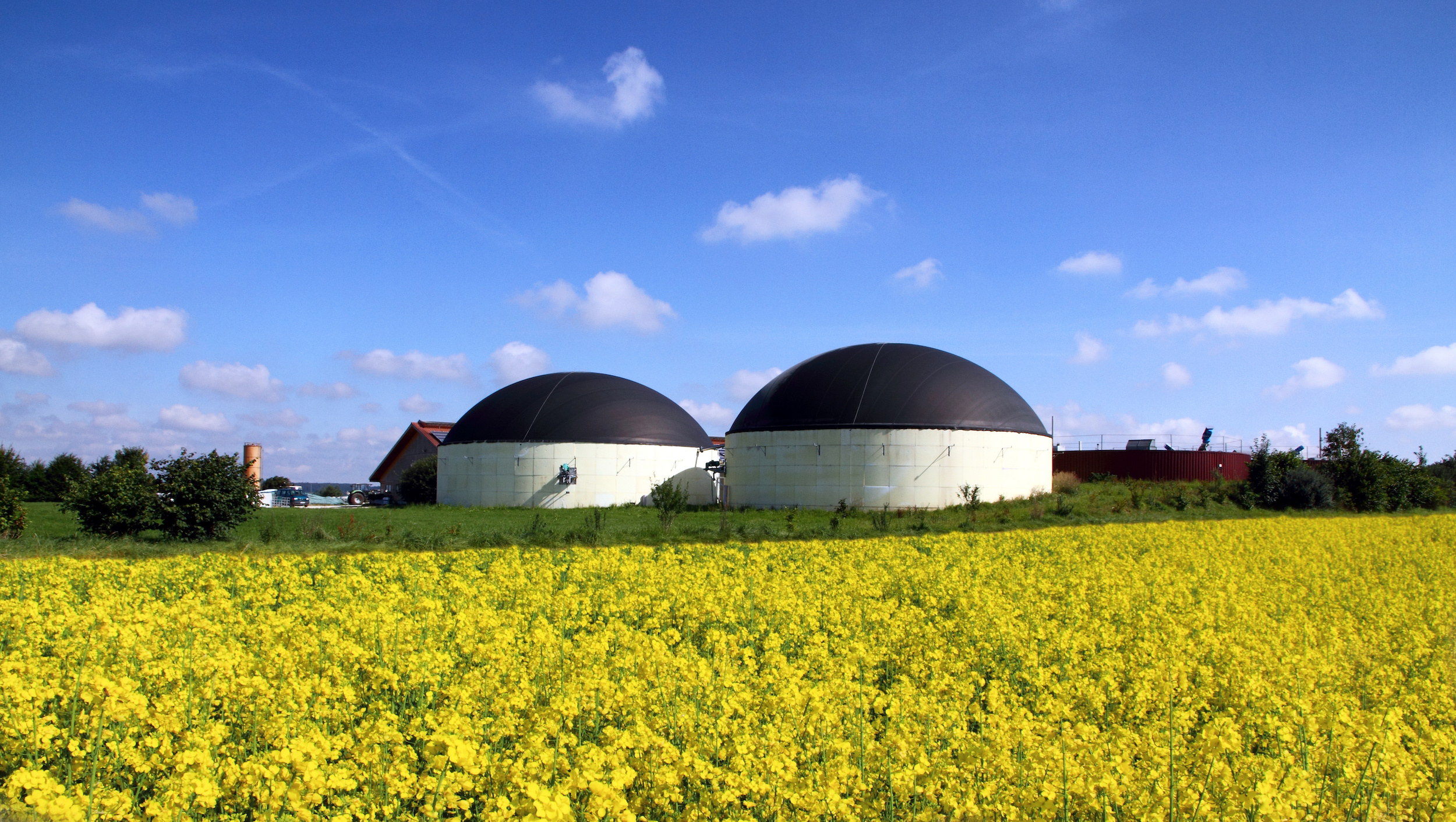
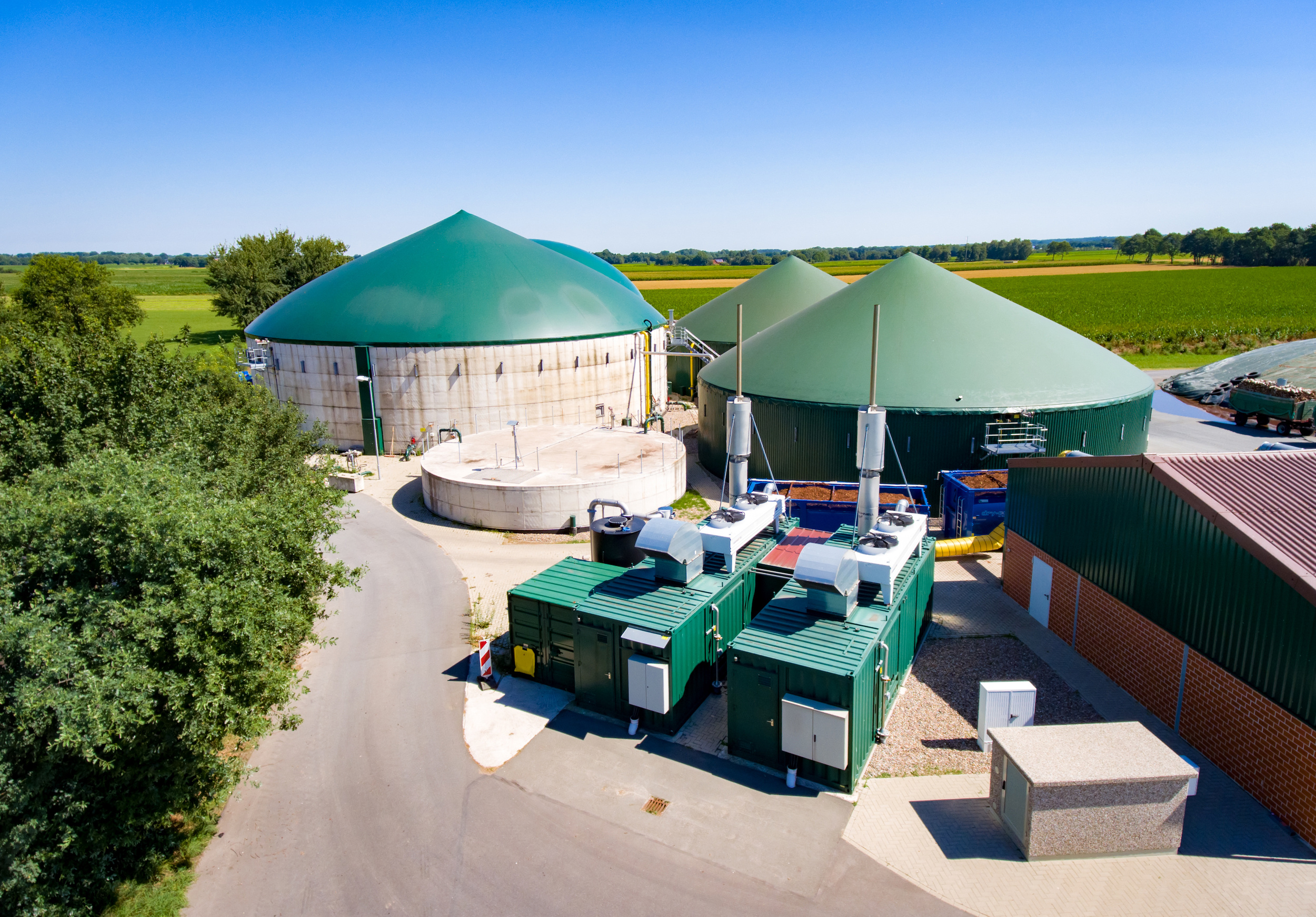
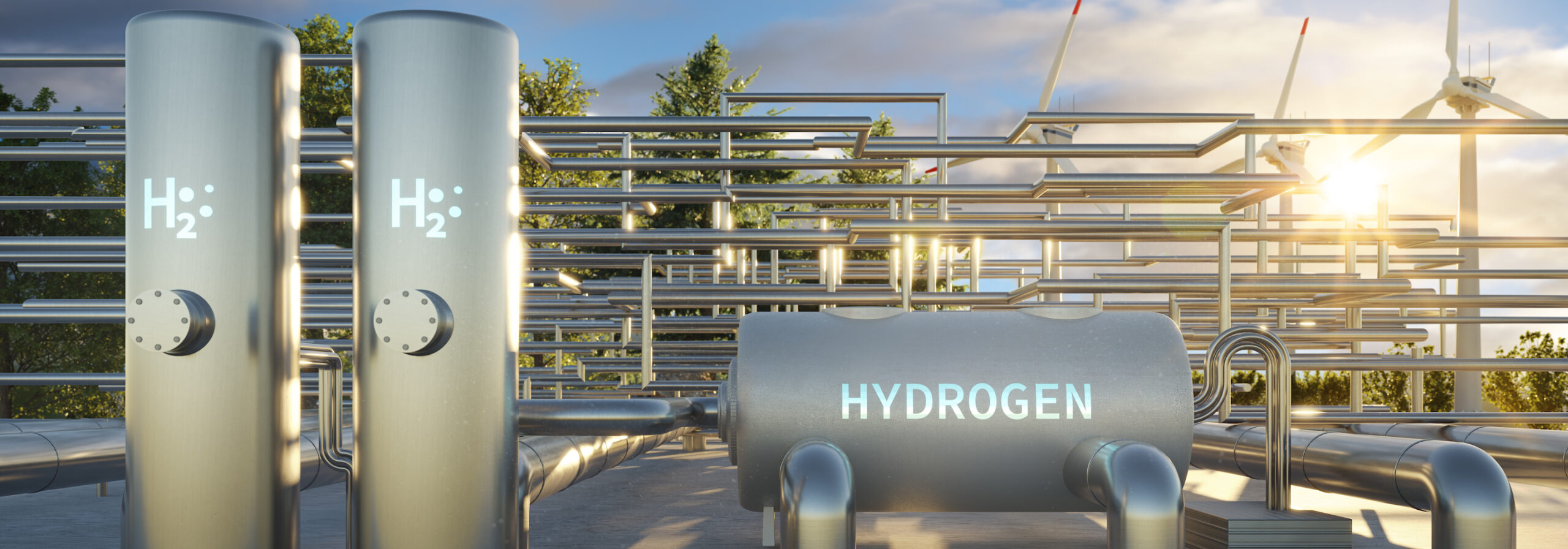
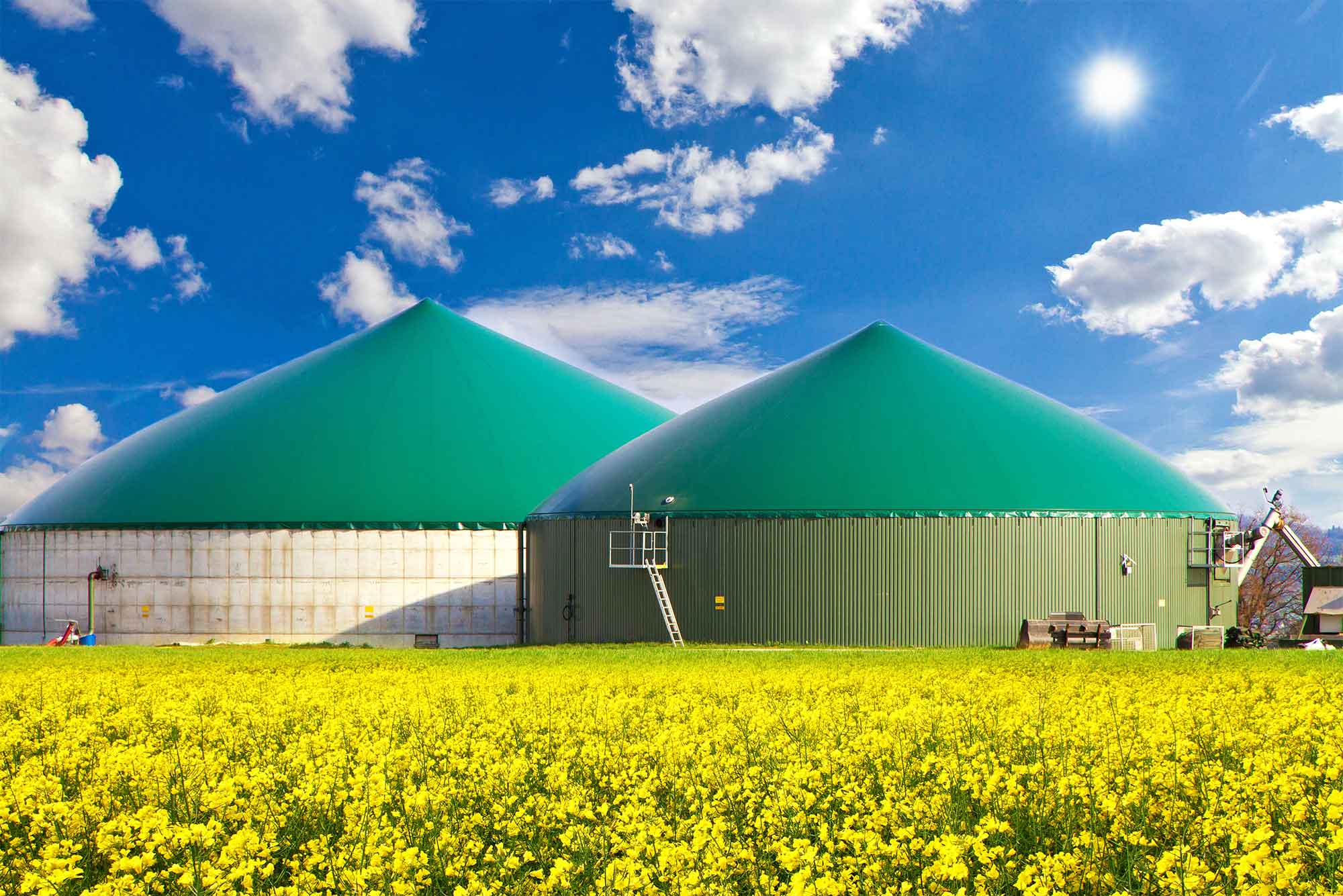
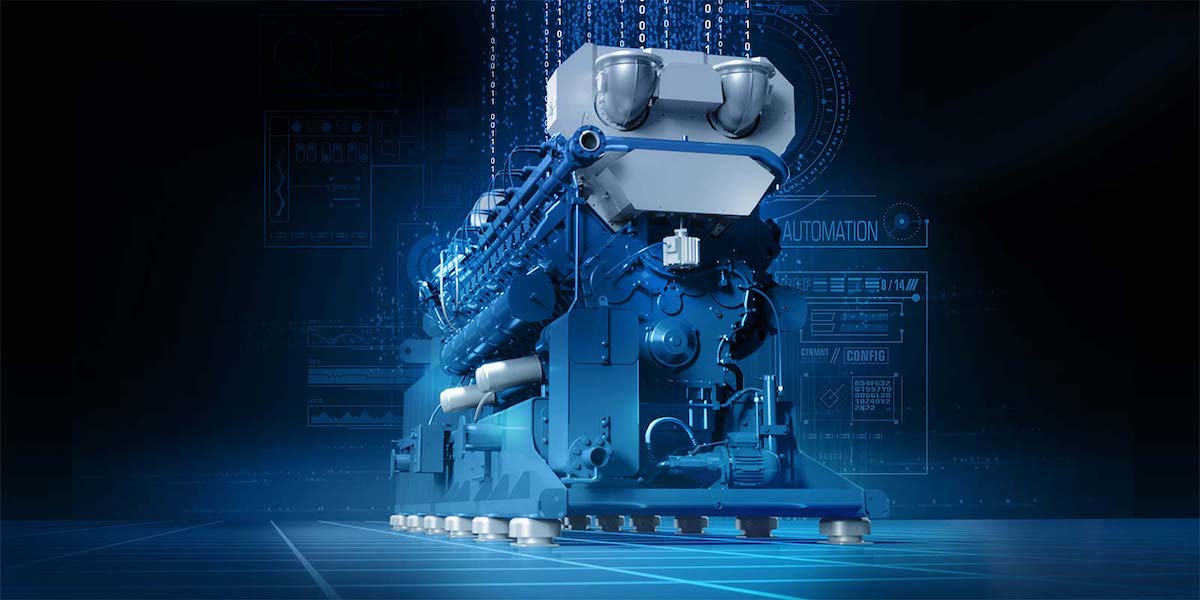

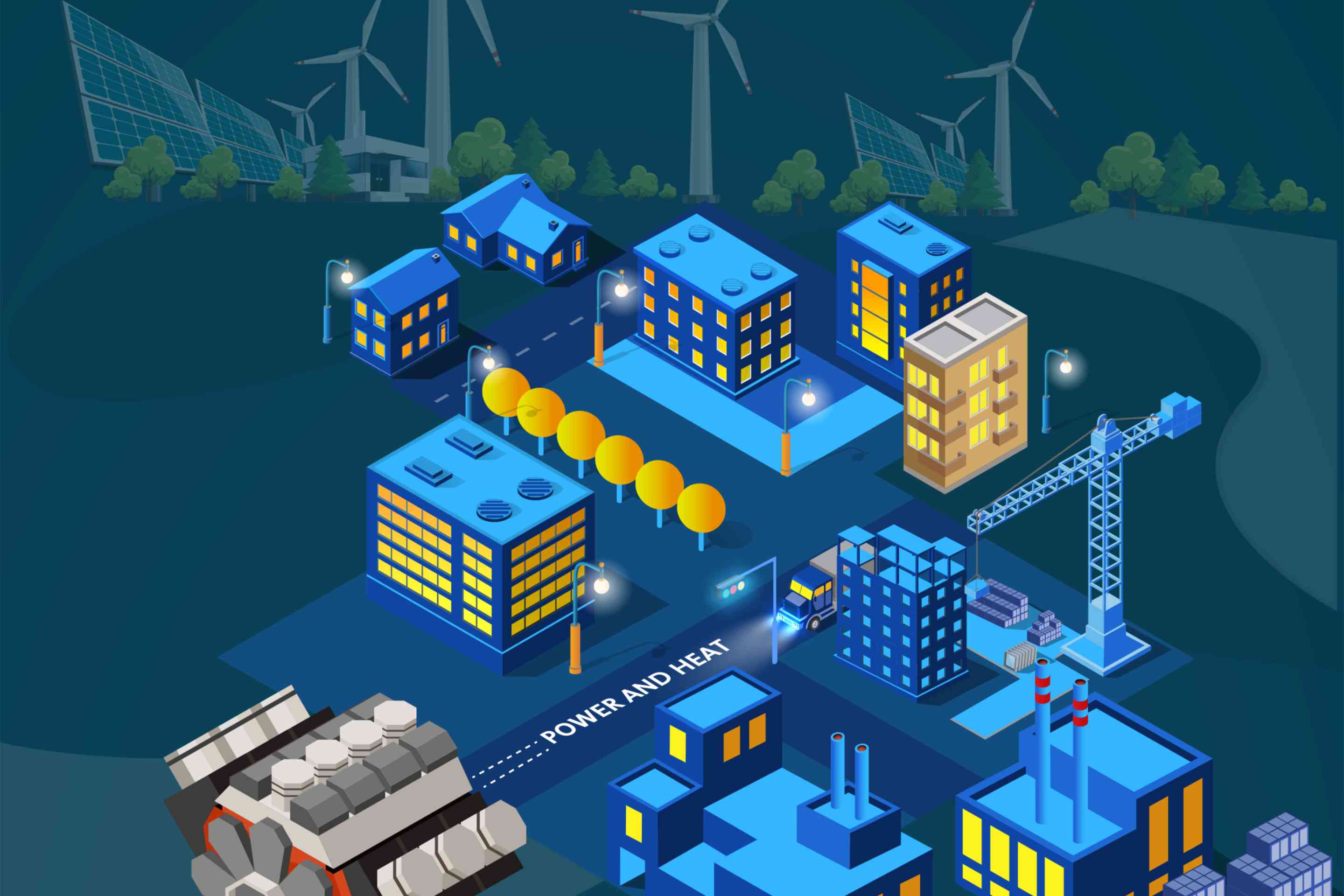


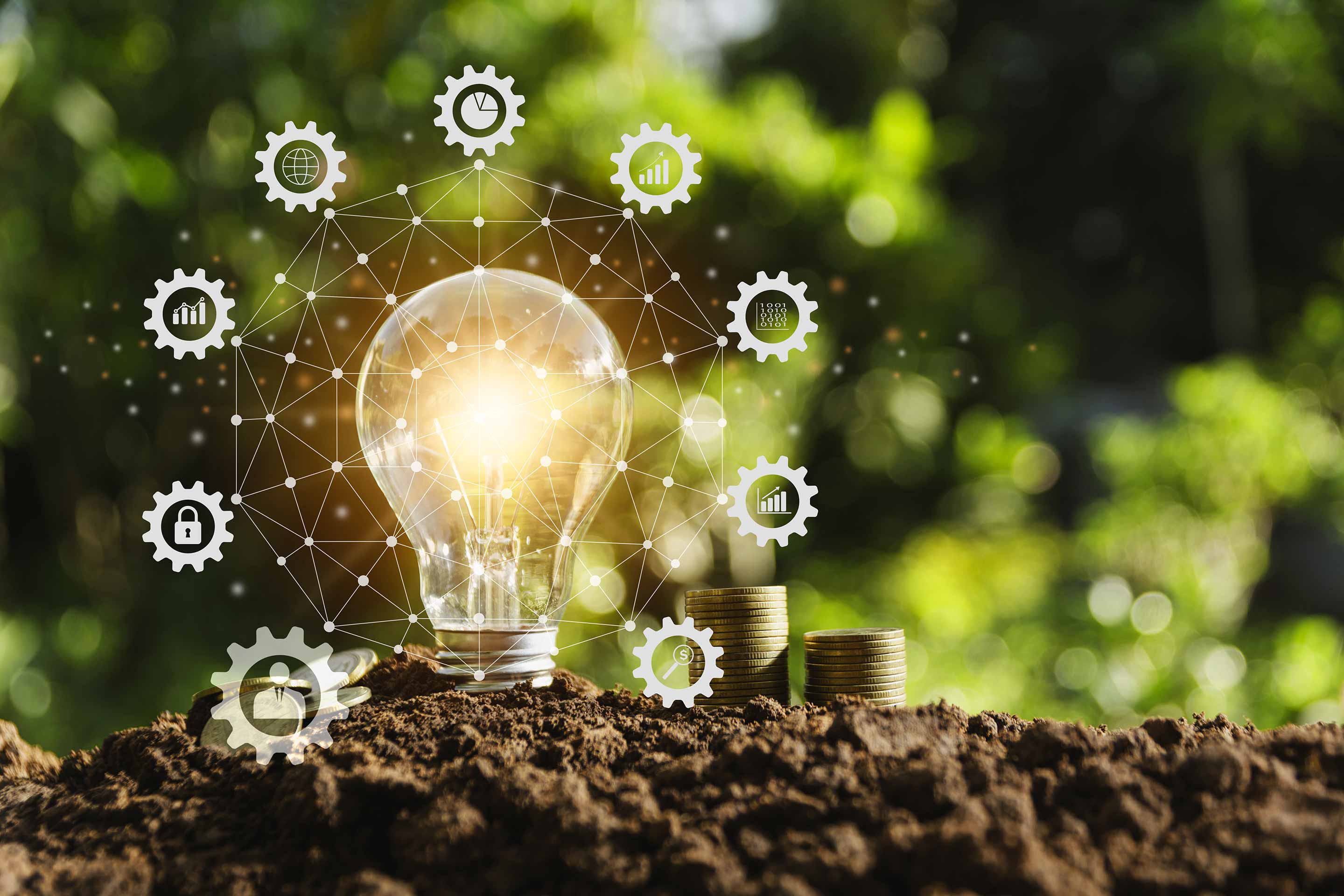
Latest Comments